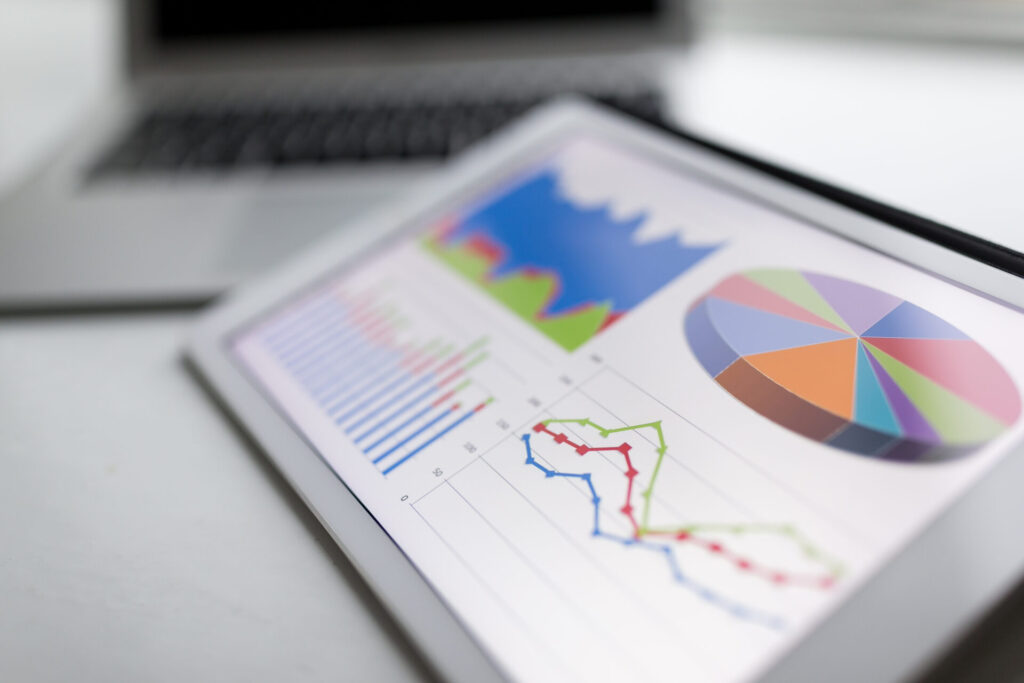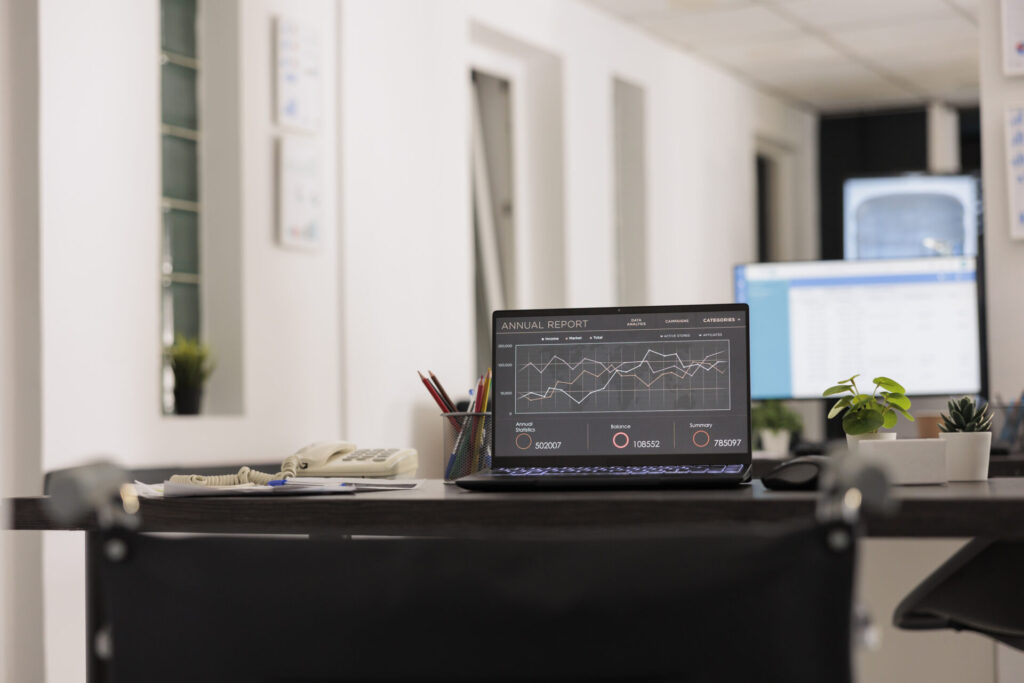Statistics

Surprising Findings in Consumer Preferences
Common knowledge would lead us to believe that the most likely candidates for adopting marine-plant based products would be the active and the activists – those who focus their life and consumer choices around their own health and the health of the environment. Research shows that of course, these consumers have a high willingness to incorporate marine plant-based products into their lifestyle. Surprisingly, consumers categorized as foodies have demonstrated even more eagerness to invest in MPB products! As corporations, this opens doors in not only marketing, but profit margins. In Europe, the broadening of pro marine plant-based product policy and increasing number of practical application are gaining industry traction. North America is ripe with opportunity for organizations interested in investing and participating in this movement, so now is the time to take action.
Global Algae Products Market is Expected to be at Worth of US$ 5.41 Bn in 2023 and Likely to Cross a Revenue of US$ 9.15 Bn at a CAGR of 5.4% by year 2033-end | Data by Future Market Insights, Inc. experts
Consumer Awareness of Algae Products and Health benefits of Omega-3 to Surge the Demand: Explore the Latest Research Report by FMI. Increased Use of Algae Products in the Food &
Beverage and Pharmaceutical Sectors Supports Algae products Sales in Germany
The coastal ecosystems of mangroves, tidal marshes, and seagrass meadows provide numerous benefits and services that are essential for climate change adaptation along coasts globally, including protection from storms and sea level rise, prevention of shoreline erosion, regulation of coastal water quality, provision of habitat for commercially important fisheries and endangered marine species, and food security for many coastal communities.


In a study weighing the potential of the health benefits of seaweeds, researchers from the University of Coimbra, Portugal cite, “many research studies on [seaweed’s] bioactive properties, which include: antitumor, anticoagulant, anti-thrombotic, antiviral, immunomodulatory and anti-fungal activities”
This is to say that seaweeds are a reliable source of not only key nutrients in the human diet, but numerous and complex health-promoting compounds. Seaweed phytocolloids and other polymers help with intestinal function, reduce ldl cholesterol and much more. Well-maintained seaweed aquaculture reduces the risk of hard metals or toxins entering the agricultural product. This is best achieved by policy and awareness, a goal we strive towards in Marine Plant Based. Ppromotion of marine plant aquaculture not only ensures human health and safety but contributes to cleaner oceans and potentially reduced wastewater dumping, etc.
Blue carbon is the term used to describe the percentage of atmospheric carbon stored in the root systems, plant-bodies, and nearby soil of marine plants and macro algae. When land and organisms related to this “blue carbon system” are converted for alternative use and thus destroyed, they release their carbon into the atmosphere, contributing to over 15% of annual carbon emissions from human activity. The marine plant based movement offers a practical incentive for corporations and political bodies to conserve blue carbon ecosystems.
If marine plants themselves are used for human activities, the land they inhabit is preserved, and the blue carbon cycle is maintained sustainably, instead of being interrupted. Older plants reach a limit in their ability to fix atmospheric carbon. Harvesting and using them without destroying their habitat allows younger, more efficient seaweeds to self-propagate. Thus, the blue carbon cycle is maintained, and a new renewable resource is introduced!
According to McKinsey reports, equal acreage of marine plants is vastly more efficient at capturing blue carbon than terrestrial plants. However, macro algae store this carbon in their biomass (the plant itself) and transplanting/replanting is time consuming and expensive. The more practical applications we can put this macro algae towards, the more cost-effective macro algae aquaculture becomes. Once the biomass can be confidently purposed, gateways open. This is the goal of Marine Plant Based: to demonstrate that Macroalgeas and marine plants are a profitable, eco-friendly resource that promotes global health at a humanistic and environmental level.

Summary
The practicality of investment in and adoption of Marine Plant Based activities is two fold. First, Marine Plant Based stands as an emerging market in the consumer sphere, especially for food and health and beauty products. The EU is currently leading this market, leaving North America ripe with opportunity.
Second, Marine Plant Based activities are an opportunity to offset human carbon emissions with more real-world benefits than financial offset. Of course, New products and research become available to the consumer, and the environment is preserved through kelp permaculture.
